In the latest incident of JD Vance criticizing childless individuals, the Republican vice-presidential nominee turned his attention to teachers. Vance commented, “Randi Weingarten, the head of the most powerful teachers’ union in the country, doesn’t have a single child. That really disorients me. And it really disturbs me.”
These comments, dating back to 2021, struck many as strange, particularly from a practicing Catholic, given the role of childless nuns in American religious education.
A Pattern of Criticism
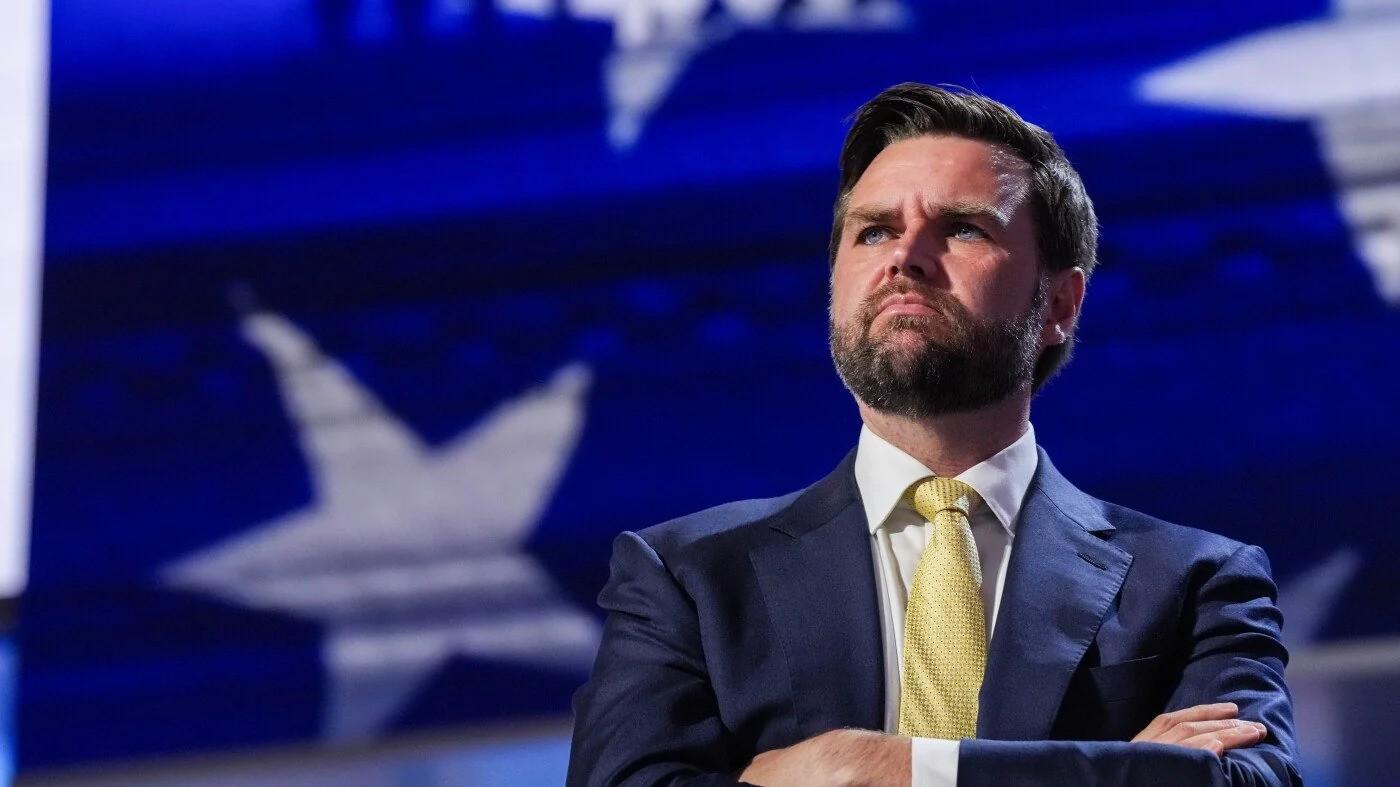
Vance’s remarks are not isolated incidents but part of a broader pattern. In 2021, he made the controversial “childless cat ladies” comment during a television interview.
The comment equated fertility with human worth, sparking widespread controversy and concern.
Voting Power and Parental Status

In the same year, Vance proposed that parents should have more voting power than those without children.
He argued, “When you go to the polls in this country as a parent, you should have more power… than people who don’t have kids.” This stance raised further debate about the value of parenthood in shaping civic rights.
Defending the Remarks
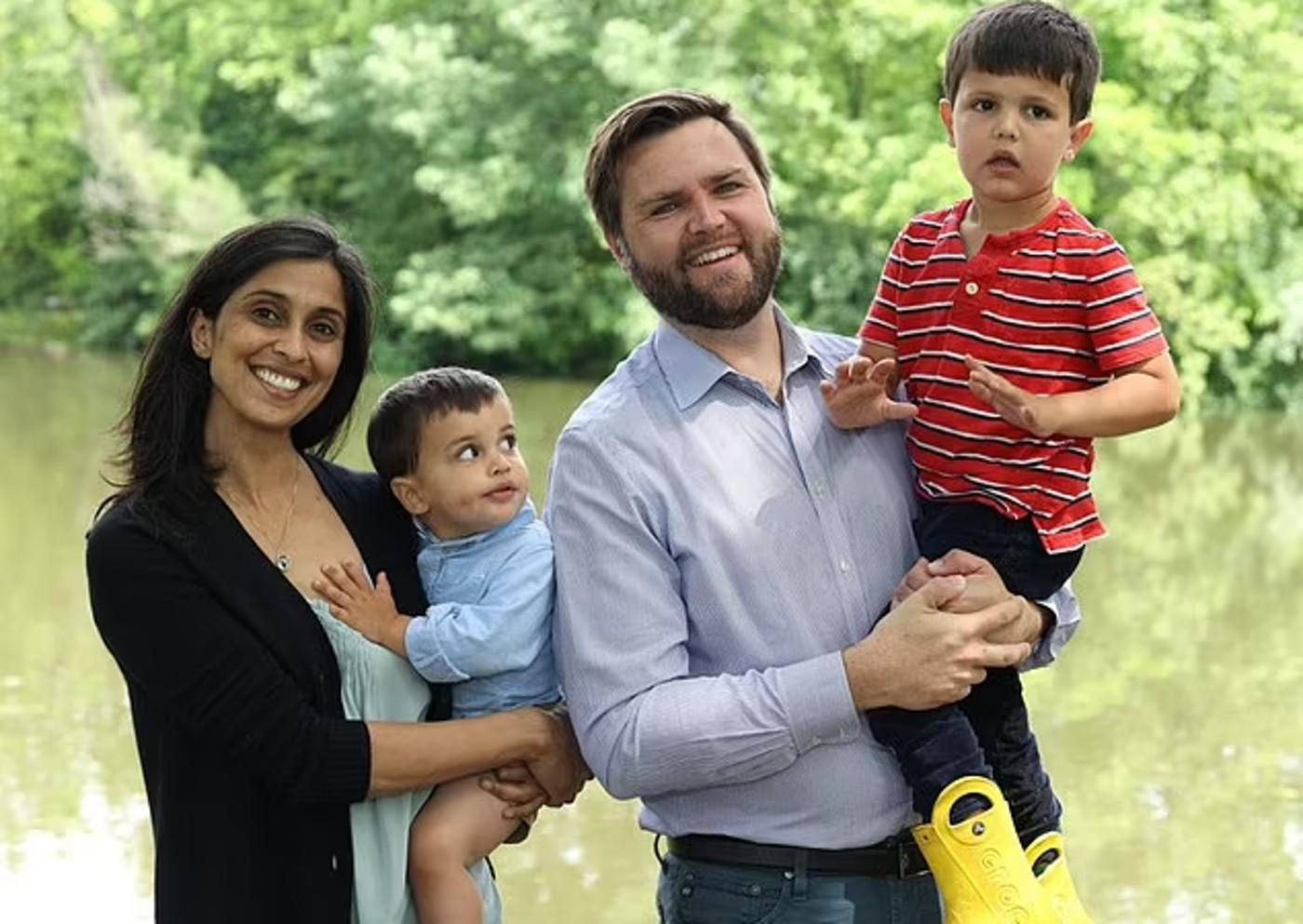
In response to the backlash, Vance offered several explanations. He claimed his remarks at the Intercollegiate Studies Institute were merely a “thought experiment,” not a serious policy proposal.
Additionally, his wife Usha clarified his “cat lady” remarks on Fox News, emphasizing that Vance would never want to hurt people struggling to start families. However, this explanation sparked questions about his treatment of those who choose not to have children.
The Emergence of a Trend

It became clear that Vance’s remarks had moved beyond a simple misstep. His repeated critiques of childless individuals indicated a trend rather than an isolated event.
This consistency suggested that Vance harbors deeper beliefs on the issue of childlessness, raising questions about his motivations and views.
Conservative Misogyny at Play?

At face value, Vance’s remarks appear to reflect a kind of traditional, conservative misogyny. The mindset implied in his statements suggests that women are not full citizens unless they bear children or express a desire to do so.
Despite his education and background, his comments align with conventional gender roles that encourage women to stay home and raise children.
A Troubling Belief
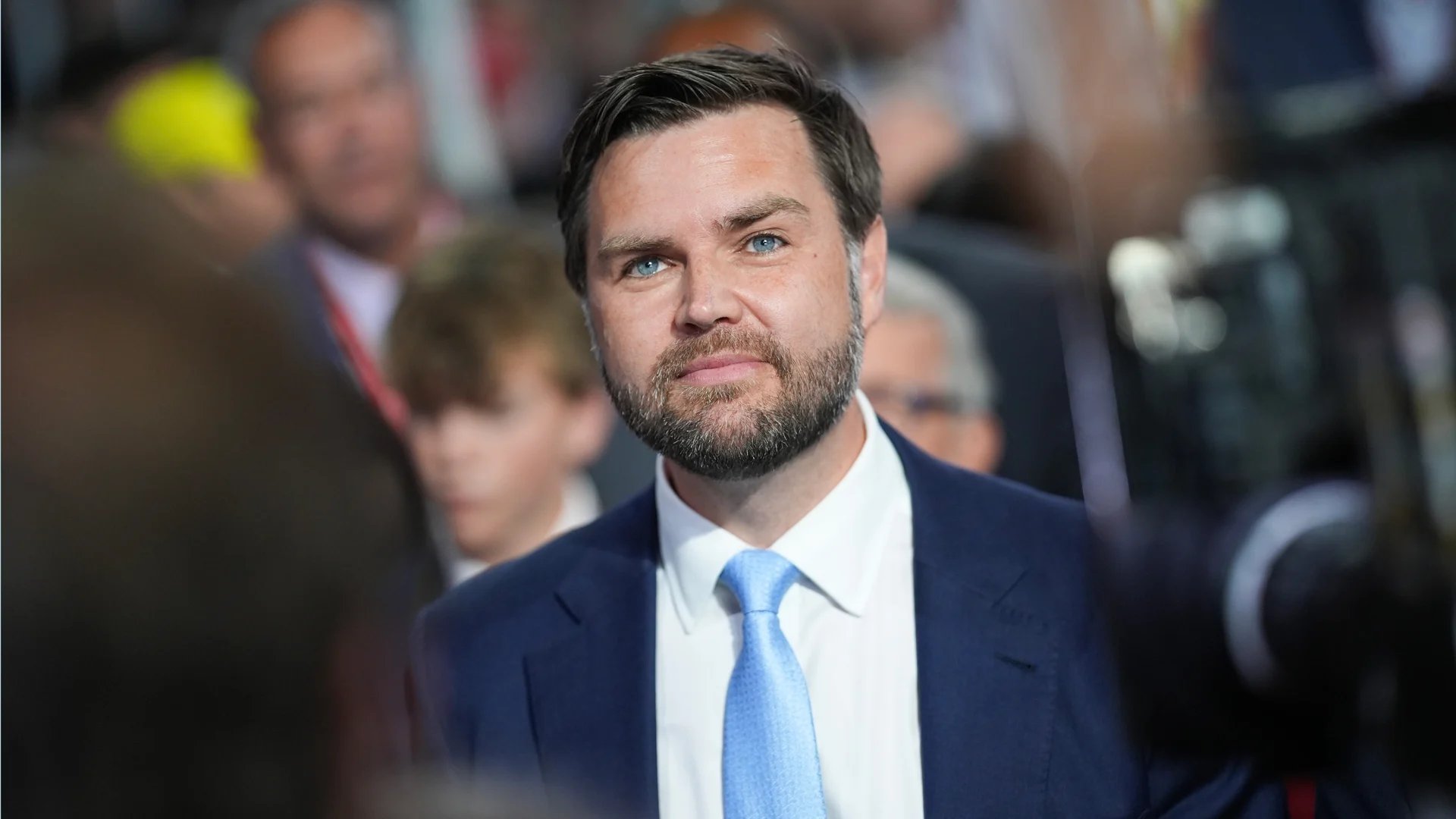
However, Vance’s comments indicate a more concerning belief beyond misogyny. He did not pity childless individuals; instead, he found childless teachers “disturbing” and claimed childless voters lack an “investment” in the future.
His “childless cat ladies” comment seemed to reflect a deeper conviction that individuals without children do not have a stake in the country’s future.
A Narrow View of Empathy
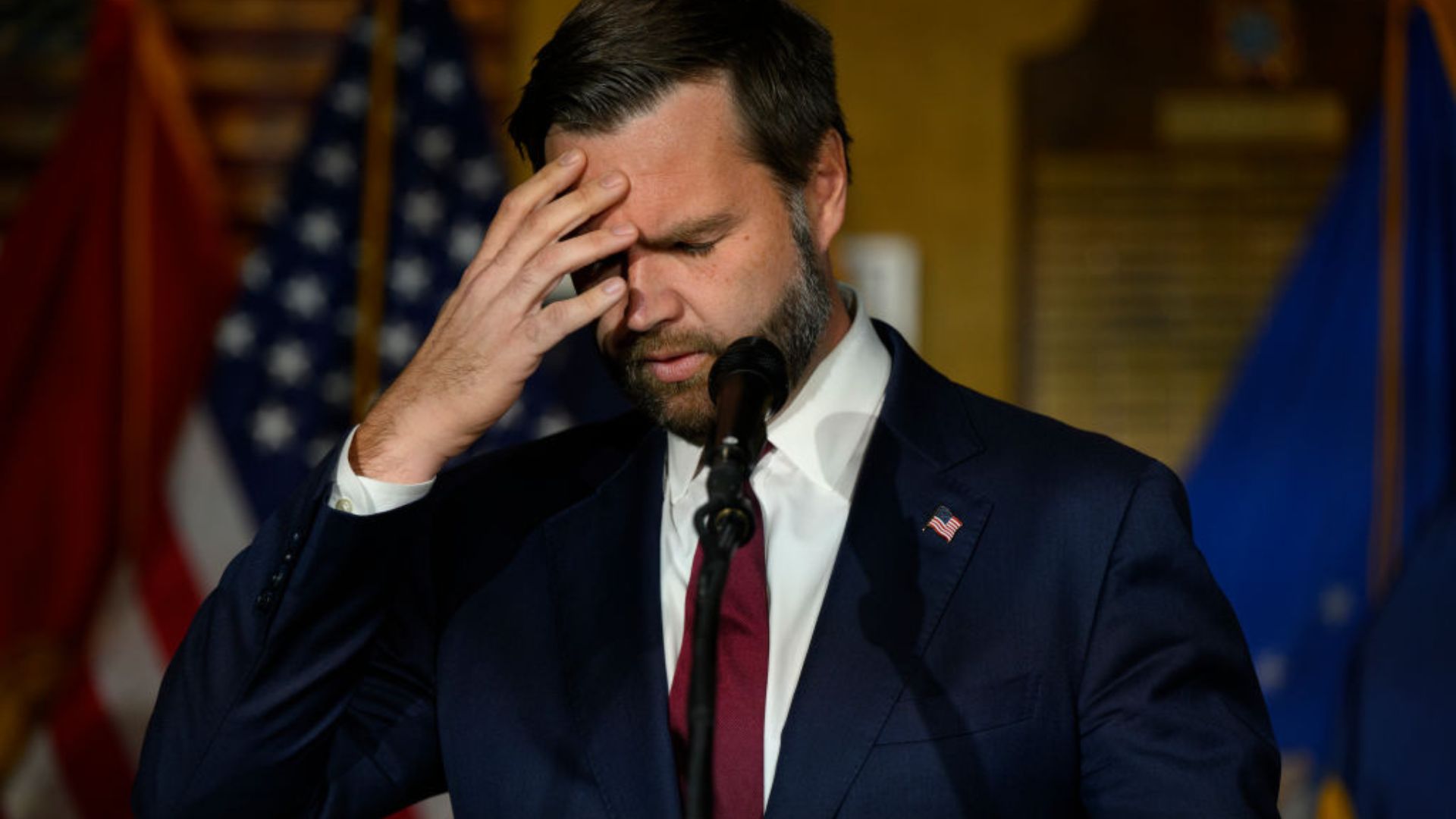
In Vance’s worldview, people without children seem incapable of empathy or genuine concern for the future.
This assumption reveals a limited understanding of human motivation and casts doubt on Vance’s own capacity for compassion. Judging others based on parental status exposes a concerning lack of empathy on his part.
A Broader Responsibility

Many people, including parents, recognize the importance of supporting children and families, regardless of whether they have children themselves.
They understand that policies like school funding and free lunches benefit society as a whole, not just their own offspring. These individuals support such initiatives out of concern for the general welfare, not just personal connections.
The Nature of Compassion

If it takes having children to care about quality education or safe communities, then this raises concerns about the nature of compassion.
Parenthood should expand one’s sense of responsibility beyond personal interests, fostering a greater sense of empathy for others, even those without personal stakes.
Concerns Beyond Misogyny
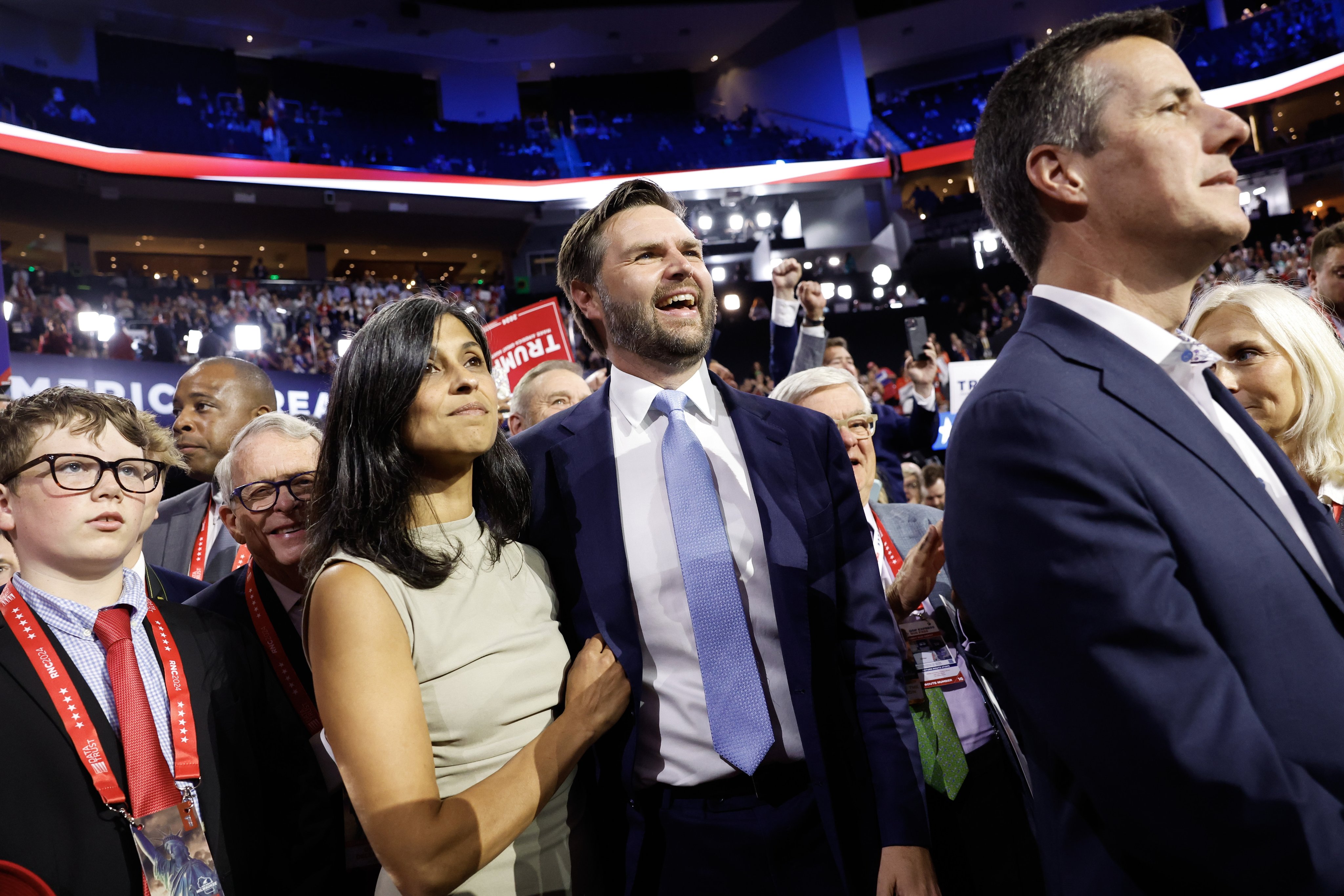
While Vance’s misogynistic tendencies are troubling, his apparent lack of empathy is even more alarming.
The implications of his mindset extend far beyond family dynamics and touch on broader societal issues. A healthy society relies on people supporting causes that don’t always directly benefit them.
Selfless Dedication

In the same vein, a childless teacher may dedicate her life to educating children she did not personally bring into the world.
Her commitment to the future of the country isn’t driven by a personal investment but by a broader sense of duty. This selflessness is something Vance seems to struggle to understand.








































